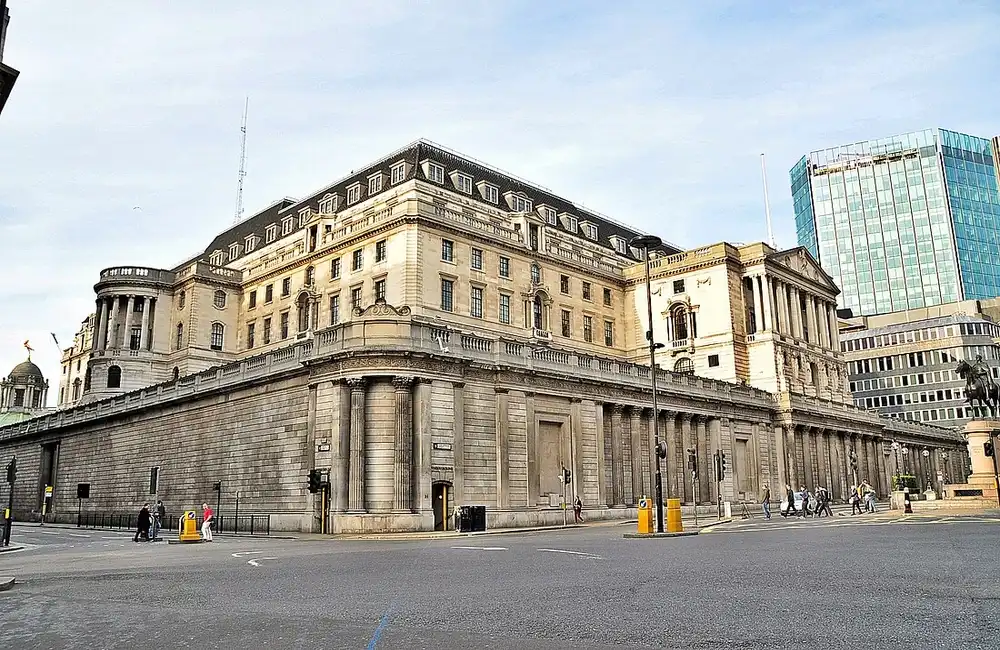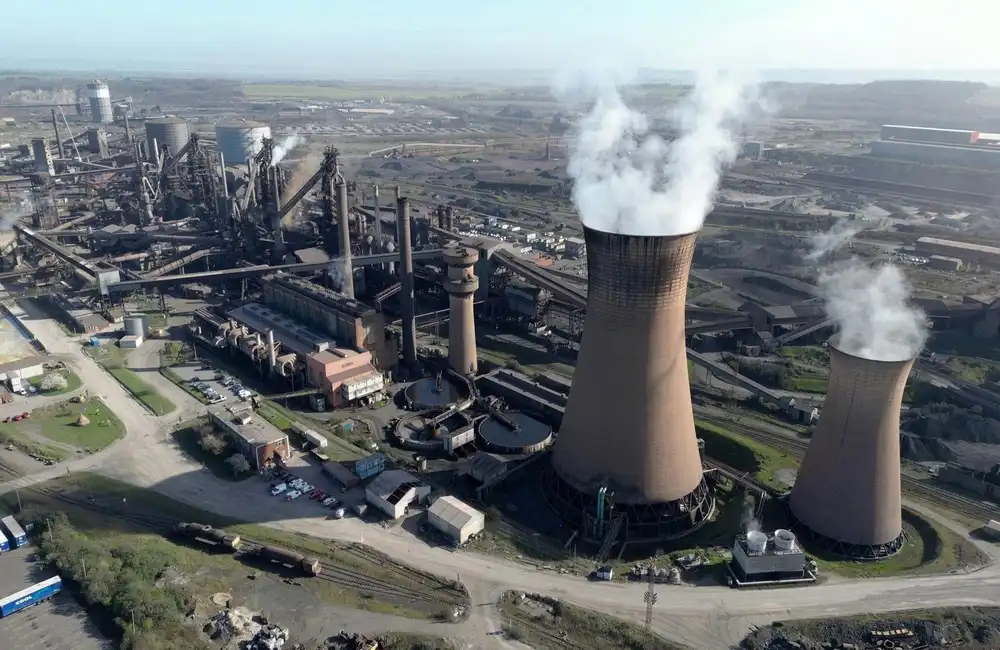As the final UK location capable of turning raw materials into steel, the Scunthorpe steel plant has demonstrated the essential function of domestic steel production throughout Britain's industrial history.
Despite its representation of economic endurance and strategic value, this facility confronts an unpredictable fate. Supply chain disruptions and serious financial problems are causing the UK government to consider taking over the steel plant through nationalisation. The debate's conclusion will determine British Steel's future and impact the nation's industrial strategy and economic stability.
Background and Current Challenges
Since 2020, the Chinese conglomerate Jingye Group has owned the Scunthorpe facility, which boasts over 130 years of steelmaking heritage. Jingye spent £1.2 billion to modernise the steelmaker after acquiring it with promises of beginning a "new chapter." The plant continues to face financial difficulties with daily losses surpassing £700,000.
The situation deteriorated when Jingye Group stopped essential iron pellet shipments for Scunthorpe’s blast furnaces. The interruption in supply threatens to shut down the "Queen Anne" and "Queen Bess" furnaces. Experts in the field predict that stopping operations would become financially unmanageable to restart and could permanently end virgin steel production in the UK.
The difficulties facing the Scunthorpe plant reflect broader challenges throughout the industry. UK steel production fell by 80% since it reached its peak as the fifth-largest steel producer worldwide in 1970 because of high production costs, cheaper Chinese imports, and increased environmental compliance expenses. The Scunthorpe plant remains the UK's sole traditional blast furnace producer of virgin steel because other factories have shifted to electric arc furnace methods using recycled scrap metal.
Government Intervention and Negotiations
To save the Scunthorpe plant, the UK government issued an aid package of £500 million for production modernisation by replacing energy-intensive blast furnaces with more environmentally friendly electric arc furnaces. Jingye dismissed the government's aid proposal and requested a support package costing about £1 billion.
As talks between Jingye management, government representatives, and labour unions become more difficult, nationalisation stands out as a serious option. The government is considering a temporary state takeover to ensure the plant's future operations and protect domestic steel production capabilities while safeguarding 2,700 jobs at risk.
Political and Economic Implications
Prime Minister Keir Starmer emphasised the critical nature of sustaining domestic steel production within the UK. He stated that Scunthorpe’s steel production supports both economic stability and national security infrastructure due to the UK’s dependence on steel for rail infrastructure, defence, and energy projects.
Closing down the plant would have significant negative consequences. The UK would stand alone among G7 countries if it lost the ability to produce virgin steel, which would trigger worries about national economic independence during unstable global supply chain conditions. The closure would lead to the loss of thousands of direct and indirect jobs, which would result in devastating consequences for Scunthorpe and neighboring communities.
The government encounters difficulties trying to validate public intervention since there is no defined long-term steel strategy. Starmer stated that all possibilities remain open for discussion, yet he emphasised the importance of negotiations, which would lighten financial burdens while maintaining steel sector stability.
Industry and Union Perspectives
Industry leaders and trade unions publicly support nationalisation. Unite’s general secretary, Sharon Graham, declared that nationalising the plant would protect jobs and national interests if private ownership doesn't ensure its future.
According to Simon Boyd, Reidsteel's managing director, government inaction threatens the supply chain for major infrastructure projects. British Steel produces 98% of the steel for Network Rail’s tracks, which demonstrates the plant's essential function in the UK’s industrial framework.
Opponents maintain that governmental assistance would still necessitate substantial investment and extended time to modernize Scunthorpe’s furnaces with green technology without securing the plant against global steel market competition.
Looking Ahead
The ongoing talks between the government, Jingye and unions are approaching a critical deadline. The Scunthorpe plant risks shutting down its production soon without raw material agreements. Nationalisation is a short-term solution, yet it raises uncertainties about finding long-term answers that align environmental requirements with economic practicality.
The Scunthorpe crisis demonstrates the immediate necessity for the UK to develop a strategic industrial plan that integrates sustainability with competitiveness and resilience. Britain's economic future will significantly depend on the ownership decisions made in the upcoming weeks, whether through public investment, private funding, or combining both approaches.
The Scunthorpe plant's outcome extends beyond the mere survival of a single steel factory. It will demonstrate how well the country can protect its industrial future against a backdrop of changing global economic and environmental conditions.

















